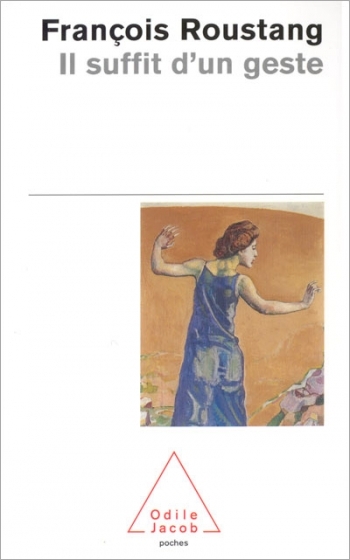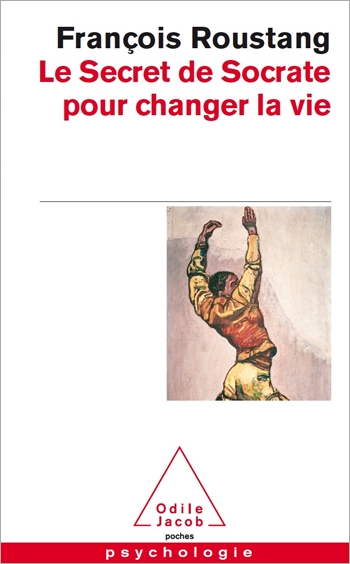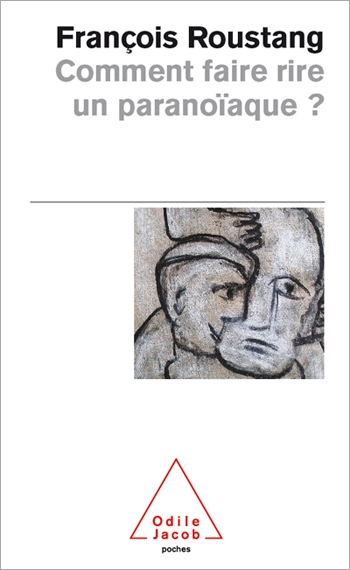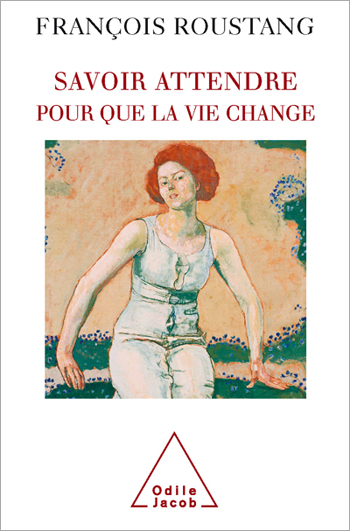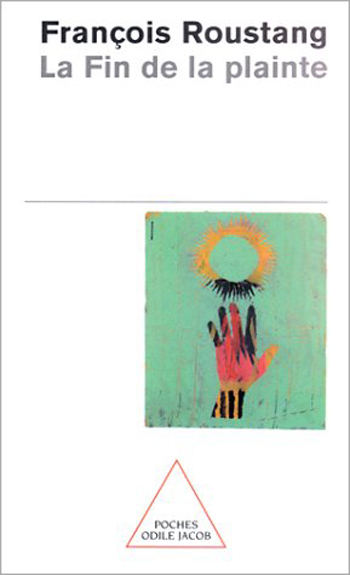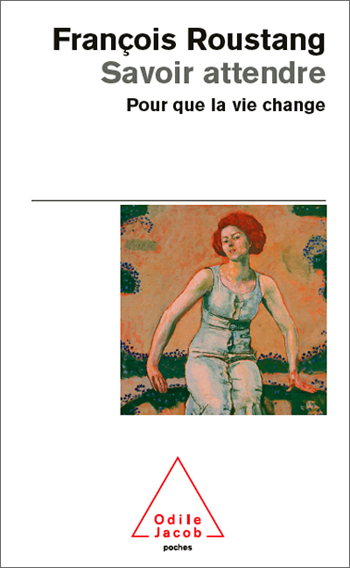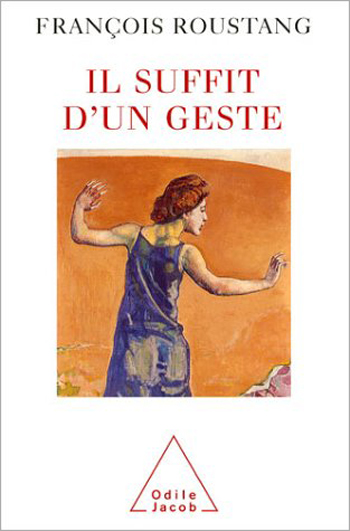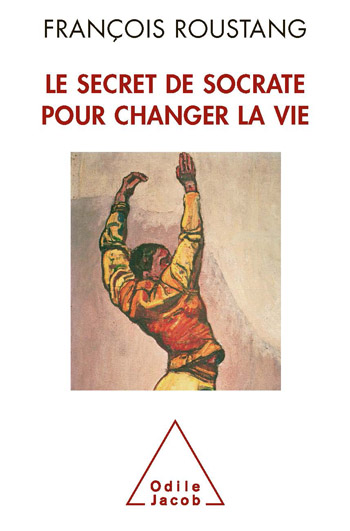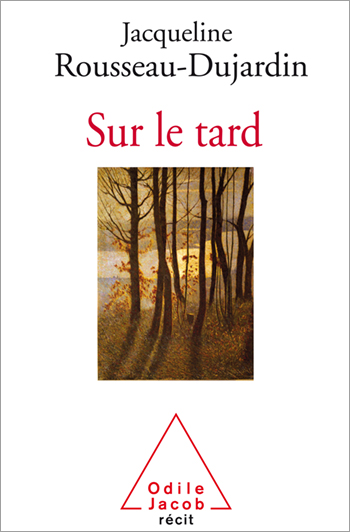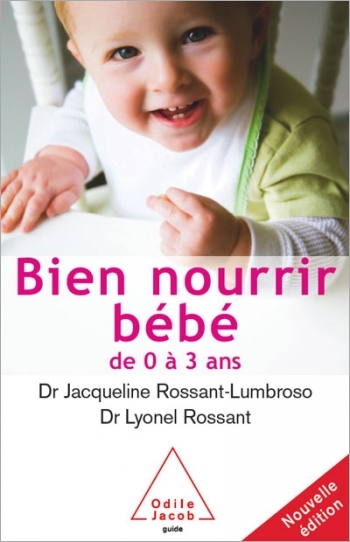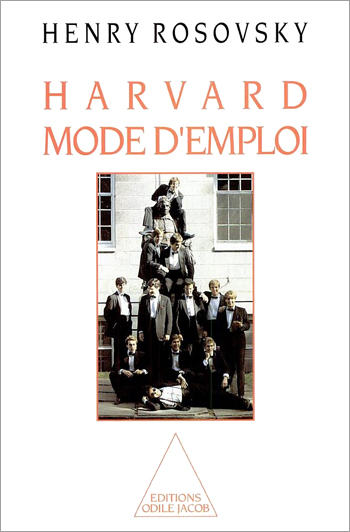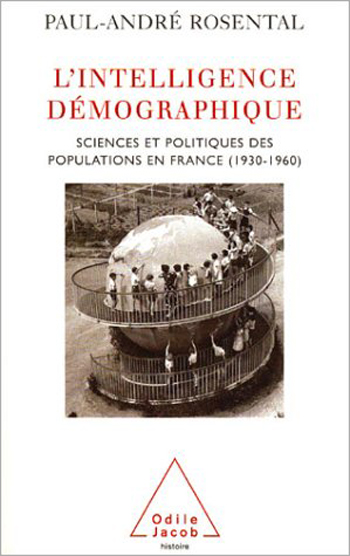Catalog All books
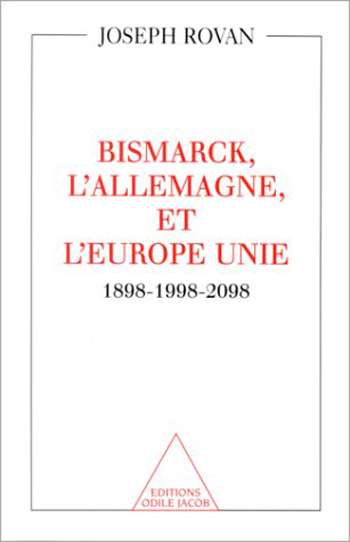
Joseph Rovan
Bismarck, Germany, and a United Europe 1898-1998-2098
1898-1998: the difference between these two dates is vast, and it is likely that the difference between 1989 and 2098 will be even sharper. This gives us even more reason to reflect on the actions of a man who was able to anticipate and incite change. Joseph Rovan has taught German studies at the French universities of Vincennes and Paris-III. He is the author of many books and articles, including France-Allemagne: Le Bond en Avant, with Jacques Delors and Karl Lamers, published by Editions Odile Jacob.
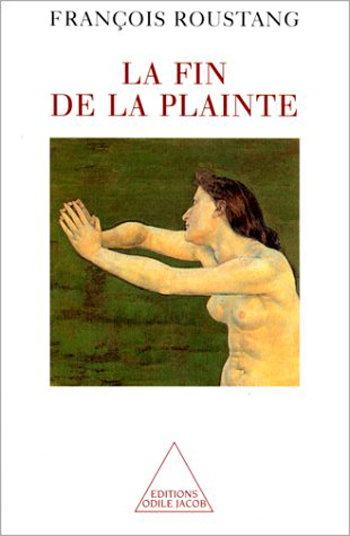
François Roustang
The End of Complaining
What is the most common reason for going to a therapist? Most patients say it is wanting to change. By the same token, they complain about their present lives. According to François Roustang, all forms of complaining must be dropped; patients must forget their precious egos which serve only to nurture more complaining and whining. Once patients have let go of these trappings, they will be able to remould their lives. This book offers a powerful criticism of traditional therapy and of its failure to reach its avowed goal: to help us to change. It argues for a spiritual approach to inner development. François Roustang is a philosopher, psychoanalyst and unconventional practitioner.
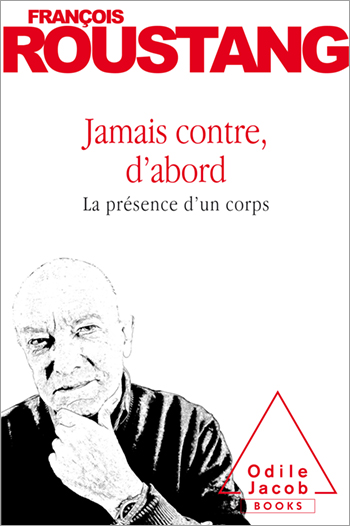
François Roustang
Never Against On Being an Attentive Body
Three seminal works by François Roustang, gathered here in a 700-page volume
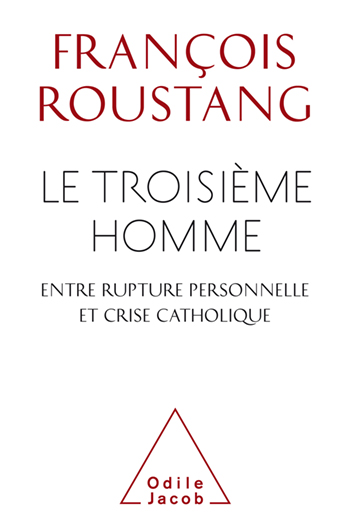
François Roustang, Ève-Alice Roustang
The Third Man Between Personal Breakdown and Catholic Crisis
An important stage in the intellectual journey of François Roustang, presented by Ève-Alice Roustang, a writer and daughter of the author. The text of François Roustang is put into perspective by three eminent specialists of the history of Catholicism.
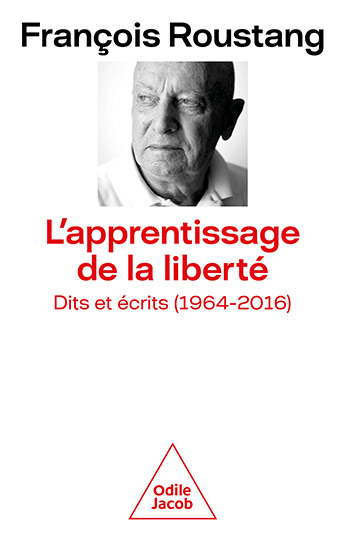
François Roustang
Learning to Be Free Spoken and Written Words (1964-2016)
The first complete volume that traces the famous therapist’s career path and embraces his entire intellectual legacy, which is a source of new and fruitful perspectives in psychotherapy.
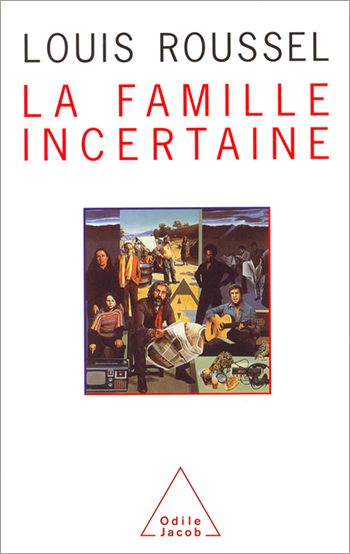
Louis Roussel
The Uncertain Family
Should we worry about the mariage and birth rates? Should we be reassured by the family values trend? Demographic data is never easy to interpret and because of the social changes within families, former theories must be revised and new approaches considered. L. Roussel attempts to draw an accurate picture of the future of our ever changing society.
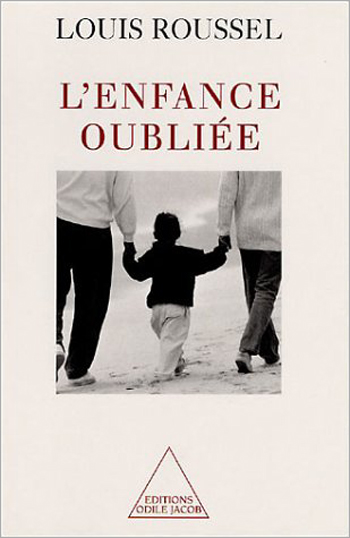
Louis Roussel
Forgotten Childhood
Roussel points to a number of frightening signs among children today failure at school, depression, suicide, juvenile delinquency, violent behaviour and concludes that childhood itself is seriously threatened. The changes in family relations have played a determining role in affecting the lives of all children each and every one of them potential victims of the upheavals that shake our society. Such is the theory that Roussel presents in this book, as he traces more that 20 years of changes in the family and examines their impact on education. Louis Roussel is a scientific adviser for Frances national institute of demographic studies.
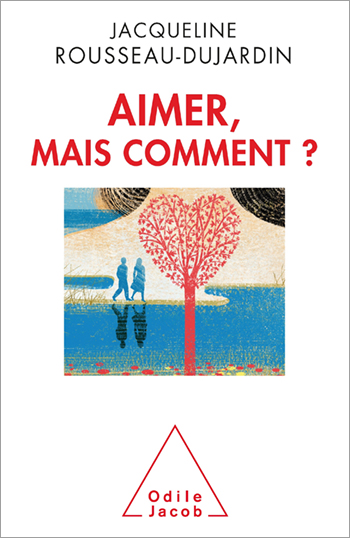
Jacqueline Rousseau-Dujardin
Loving? But How?
How to remain yourself when you love another? If you want love to last, should you keep a certain distance and choose someone with whom you do not share your daily life? Why are some people afraid of loving? Can mystical love really be qualified as love? Are you truly happy when you are in love? Is it possible to love too much?
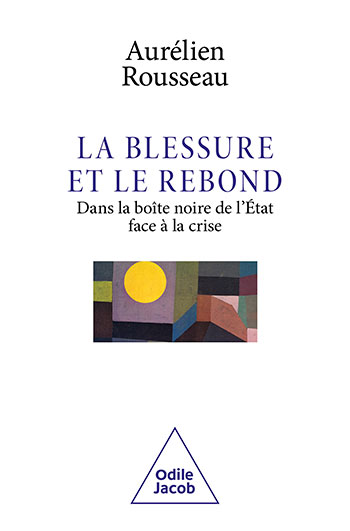
Aurélien Rousseau
The Wound and the Recovery Crises from Within the State’s Black Box
A book that helps better understand how health crises are managed (in particular Covid and lead pollution after the Notre-Dame fire).
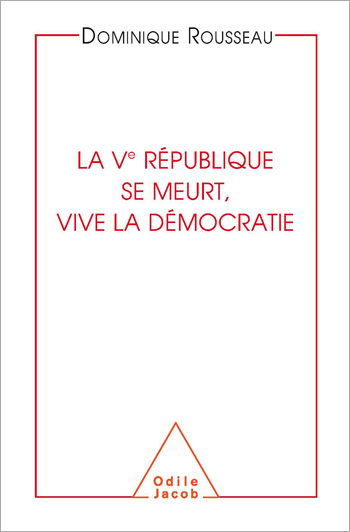
Dominique Rousseau
The Fifth French Republic Is Dying! Long Live Democracy!
The First French Republic was consular, the Second was presidential, the Third and Fourth were parliamentary, but the Fifth seems to have no distinguishing qualities.
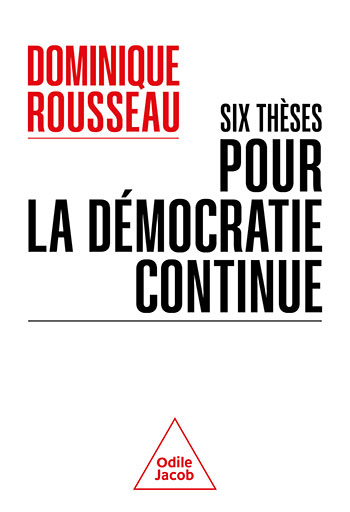
Dominique Rousseau
Six Theses in Favor of Continuous Democracy
The question of a change in constitution has often been raised: it is entirely relevant in the electoral campaigns of 2022...
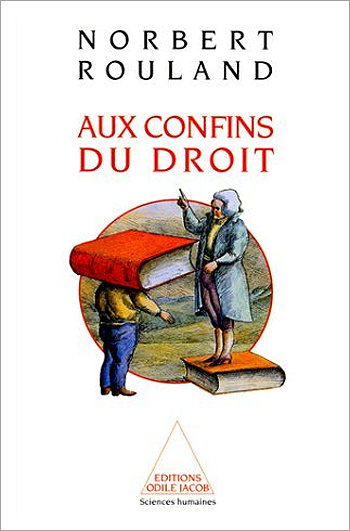
Norbert Rouland
The Confines of the Law
How did law come about? How do different societies answer to the same need for justice? N. Rouland invites us to explore the many aspects of law. Through various societies, a constant question emerges: can Africans, Asians and Westerners all adhere to the same norms? Norbert Rouland is a professor at the University of Aix-Marseille-III, where he teaches judicial anthropology and the history of law.
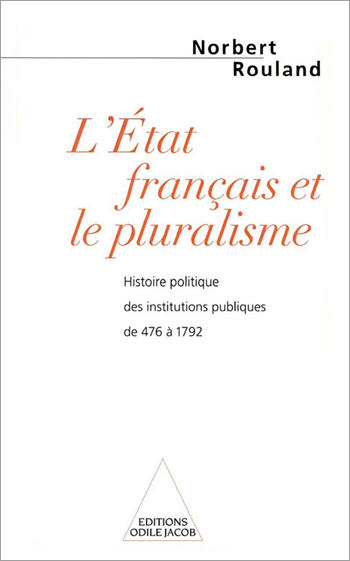
Norbert Rouland
The French State and Pluralism A Political History of Public Institutions from 476 to 1792
Has France become a multicultural society? Are we heading towards a dislocation of French unity, or a more advanced form of democratic life due to this pluralism? Can we invoke the French tradition which has given us several reference points? These are the serious questions which History must confront, and it is the aim of this history of public institutions to do just that. The author shows that the French State has constructed the Nation through a stronger voluntarist policy than found in most other Western European countries. His clear yet detailed style makes this book accessible to a wide readership, both those wishing to know more about the origins of our current political regime, and also to first year students, to whom this work represents a source of valuable information.
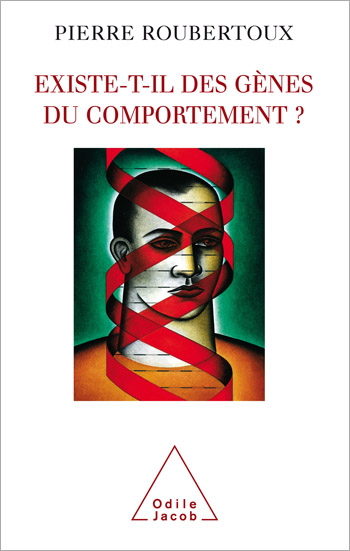
Pierre Roubertoux
Existe-t-il des gènes du comportement ?
Recent advances in genetic research have had widespread and far-reaching influences in fields as varied as animal and plant biology and medicine. They have also upset some ethical rules. Genetics today is in a triumphant, seductive phase, but its limits are yet to be defined. In this book, the eminent French geneticist Pierre Roubertoux argues that genetics has strayed too far from its justifiable areas of application. Soon, genetics may even be applied to the mind and to consciousness, just as it is already being applied to behaviour by scientists who contend that each type of conduct has its corresponding gene (this is tantamount to saying a specific gene is responsible for each virtue and each vice). Scientists who defend this theory say that they have discovered genes linked to various degrees of activity in mice and flies. Thus, intemperance and gluttony would be linked to a genetic partiality to alcohol, sugar or fats. Pride could be explained by a gene for dominance which has allegedly been found in mice. Greed, too, could be explained by a gene. The supposed existence of an infidelity gene was much in the news three years ago. This is a sound scientific synthesis which will enable readers to grasp the contribution of genetics to our comprehension of who and what we are. It should also help them resist the temptation of reducing everything to genetics. Pierre Roubertoux is a professor at the University of Aix-Marseille and a research fellow at the Institute of Physiological and Cognitive Neuroscience at the Centre National de la Recherche Scientifique (CNRS).
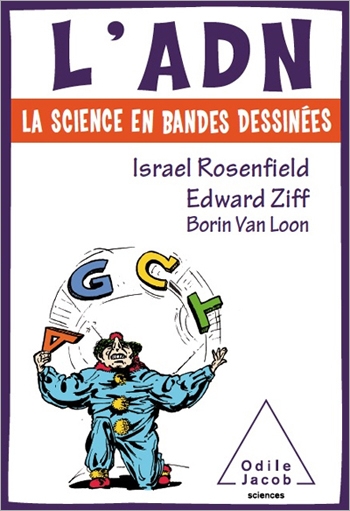
Israel Rosenfield, Edward Ziff, Borin Van Loon
DNA for Beginners
The amazing story of DNA is recounted here in an entertaining comic-book form...
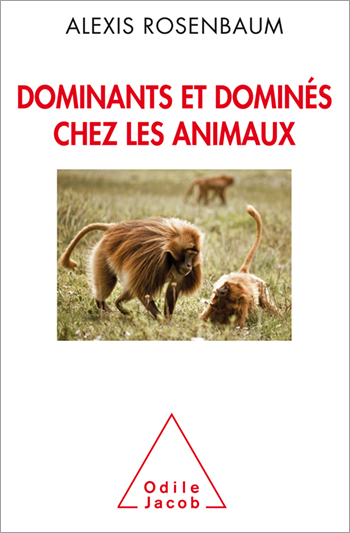
Alexis Rosenbaum
Dominant and Dominated Animals
A fascinating journey into the heart of the animal kingdom, in the light of the latest findings in ethology
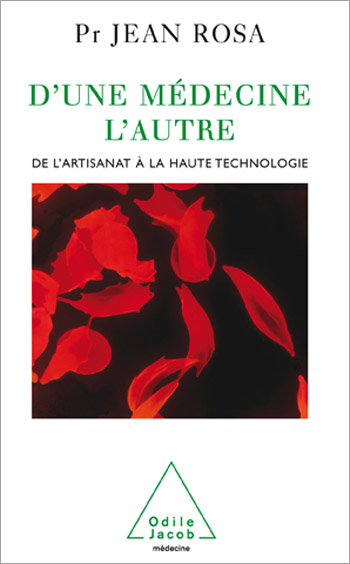
Jean Rosa
From one Medicine to Another From a Craft Industry to High Techology
Jean Rosa belongs to the post-war generation that transformed French medicine from a state of powerless humanism all the more "humane" because it was so often helpless to one of scientific and technical efficiency. Unfortunately, in the process, medicine seems to have lost its human face. In this book, Rosa shows how he contributed to this medical revolution: on the one hand, through the "Debré Reform", which instituted teaching hospitals, thus firmly linking medical research with therapeutic and surgical treatment, and, on the other hand, by associating medicine with molecular biology. Jean Rosa is Emeritus Professor in the medical school of the University of Paris-XII and a member of the French Academy of Science
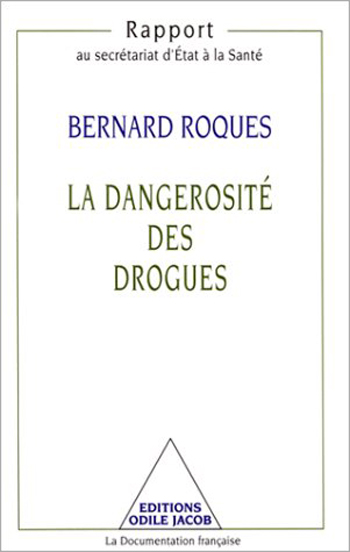
Bernard Roques
The Danger of Drugs
This book is the result of a study on drugs carried out by Bernard Roques at the request of the French Secretary of State for Health, Bernard Kouchner. The author has reviewed and summarised a large body of information from all over the world, so this is a thorough, detailed scientific examination of what is known today of the potential dangers, particularly for the brain, of toxic and psychotropic drugs including alcohol and tobacco which are often associated with the consumption of other drugs. Roques study will doubtless play a major role in public health discussions and decisions, particularly in the fight against alcoholism and nicotine addiction. Bernard Roques is a member of the French Académie des Sciences.
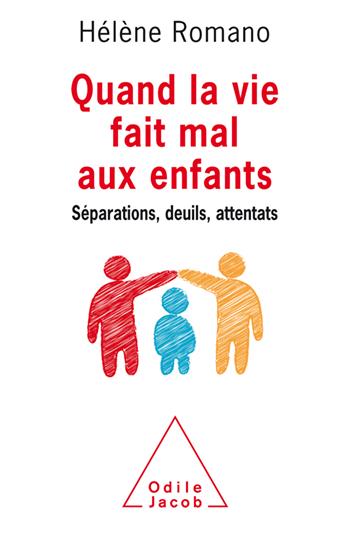
Hélène Romano
Helping the Child in Trouble Separation, Aggression, Traumatism
A response adapted to the growing violence occurring in our societies, from school bullying to terrorist attacks. Contains many practical examples and explanations, clear and concrete guidance to help parents help their children and make them feel secure.

